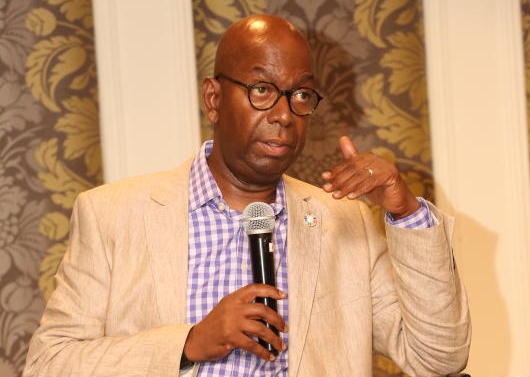×
The Standard e-Paper
Smart Minds Choose Us

Telecommunications firm Safaricom has said it will not be sucked into a price war with Airtel.
The company said it would not bring down its calling rates even if sticking to the current prices meant losing customers to its rival, whose charges are now 50 per cent lower than those of Safaricom.